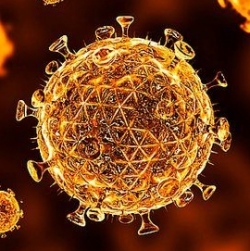
BACTERIA that can resist nearly all antibiotics have been found in Antarctic seawater.
Björn Olsen of Uppsala University in Sweden and colleagues took seawater samples between 10 and 300 metres away from Chile’s Antarctic research stations, Bernardo O’Higgins, Arturo Prat and Fildes Bay. A quarter of the samples of Escherichia coli bacteria carried genes that made an enzyme called ESBL, which can destroy penicillin, cephalosporins and related antibiotics
Bacteria with these genes can be even more dangerous than the better known superbug MRSA. That’s because the genes sit on a mobile chunk of DNA that can be acquired by many species of bacteria, increasing the incidence of drug-resistant infections such as the E. coli outbreak last year in Germany.
The type of ESBL they found, called CTX-M, is common in bacteria in people, and the Uppsala study found that concentrations of resistant bacteria were higher close to the sewage outfalls from the stations. Some Antarctic stations started shipping out human faeces for incineration after gut bacteria were found nearby. Chile’s research stations have virtually no sewage treatment in place, says Olsen.
Recent work shows the bacteria may hang on to the genes for CTX-M even when no longer exposed to antibiotics, suggesting that superbugs can survive in the wild, with animals acting as a reservoir. Penguins near the Chilean stations have been checked and are free of ESBL, though Olsen is now looking at the area’s gulls as he has found ESBL-producing bugs in gulls in France.
